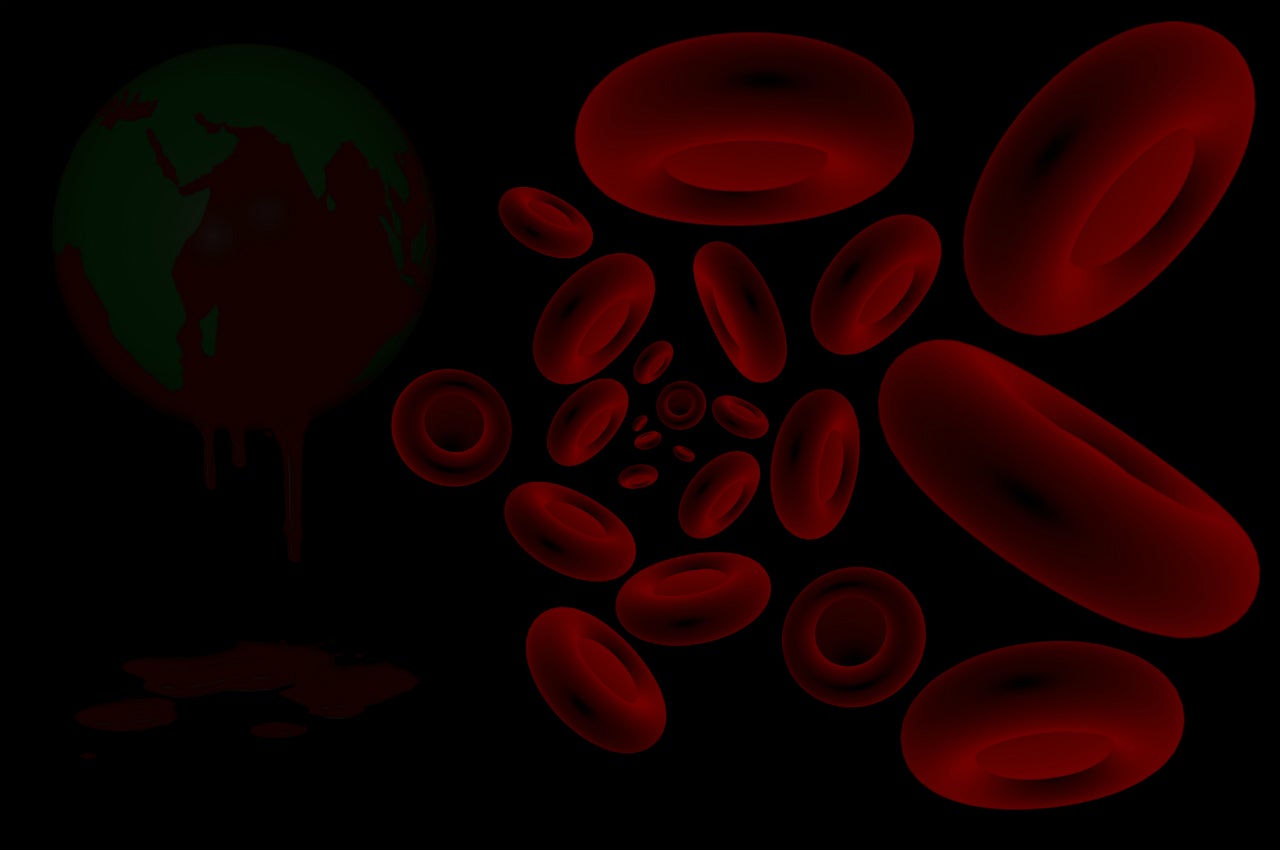UniQure presented positive data from its pivotal Phase III HOPE-B trial in haemophilia B for its novel gene therapy EtranaDez (etranacogene dezaparvovec) during a late-breaking presentation at the virtual 2020 annual American Society of Hematology conference (ASH20) on 5-8 December.
The gene therapy achieved its primary endpoint of an increase in factor IX (FIX) activity levels at 26 weeks after treatment.
EtranaDez is a novel therapy, which uses uniQure’s adeno-associated virus serotype 5 (AAV5) vector to deliver the Padua (hyperactive) variant of the FIX gene in haemophilia B patients, and is intended as a curative treatment. HOPE-B is a single-arm trial, studying a single administration of EtranaDez in 54 adult male patients with moderate to severe haemophilia B.
Patients were not excluded from the trial due to the presence of anti-AAV5 neutralising antibodies, making the trial more representative of a real-world scenario in the clinic. Patients served as their own control with a six-month lead-in period prior to therapy initiation. At 26 weeks after EtranaDez administration, FIX activity increased to 37.2% of the normal baseline. This percentage is viewed as normal and potentially curative by the trial investigators.
The annualised use of FIX replacement therapies, which comprised a secondary endpoint, decreased by 96% after EtranaDez administration. A total of 72% of patients presented with no bleeding events. Safety events were mostly mild and consistent with early phase adeno-associated virus vector studies.
With designations in place a quick turnaround could follow
In June, the rights to market EtranaDez were acquired by CSL Behring for $450m in upfront cash and up to $1.6bn in royalty and milestone payments in a deal totalling $2bn. CSL Behring benefits from its experience in marketing haemophilia B products and uniQure benefits from significant funds providing runway into H2 2024, according to the latest company presentation to investors. uniQure will aim to initiate a biologics license application with the US Food and Drug Administration (FDA) in 2021.

US Tariffs are shifting - will you react or anticipate?
Don’t let policy changes catch you off guard. Stay proactive with real-time data and expert analysis.
By GlobalDataWith Breakthrough Therapy and Orphan Drug designations already in place, EtranaDez may be approved as early as late 2021. Still, obtaining FDA approval is unlikely to be easy as the FDA shocked the market in August by rejecting Biomarin’s haemophilia A gene therapy, valrox, due to durability concerns. A follow-up of patients treated with EtranaDez for five years showed a durable increase in FIX levels and decreased bleeding events, but due to the low number of patients (ten) who were followed up, future durability concerns for EtranaDez cannot be ruled out.
GlobalData’s Drug Sales and Consensus Forecast database forecasts EtranaDez sales to reach $649m by 2026. Competition in gene therapies for haemophilia B is not as pronounced as for FIX replacement therapies. The only late-stage competitor is Pfizer/Spark Therapeutics’ fidanacogene elaparvovec, which is not expected to have mature data before 2022. Upon receiving marketing authorisation, uniQure is expected to have difficulty obtaining a fair price in European markets, which are typically more cost-conscious and may even include outcome-based reimbursement.
Cell & Gene Therapy Coverage on Clinical Trials Arena supported by Cytiva.
Editorial content is independently produced and follows the highest standards of journalistic integrity. Topic sponsors are not involved in the creation of editorial content.







